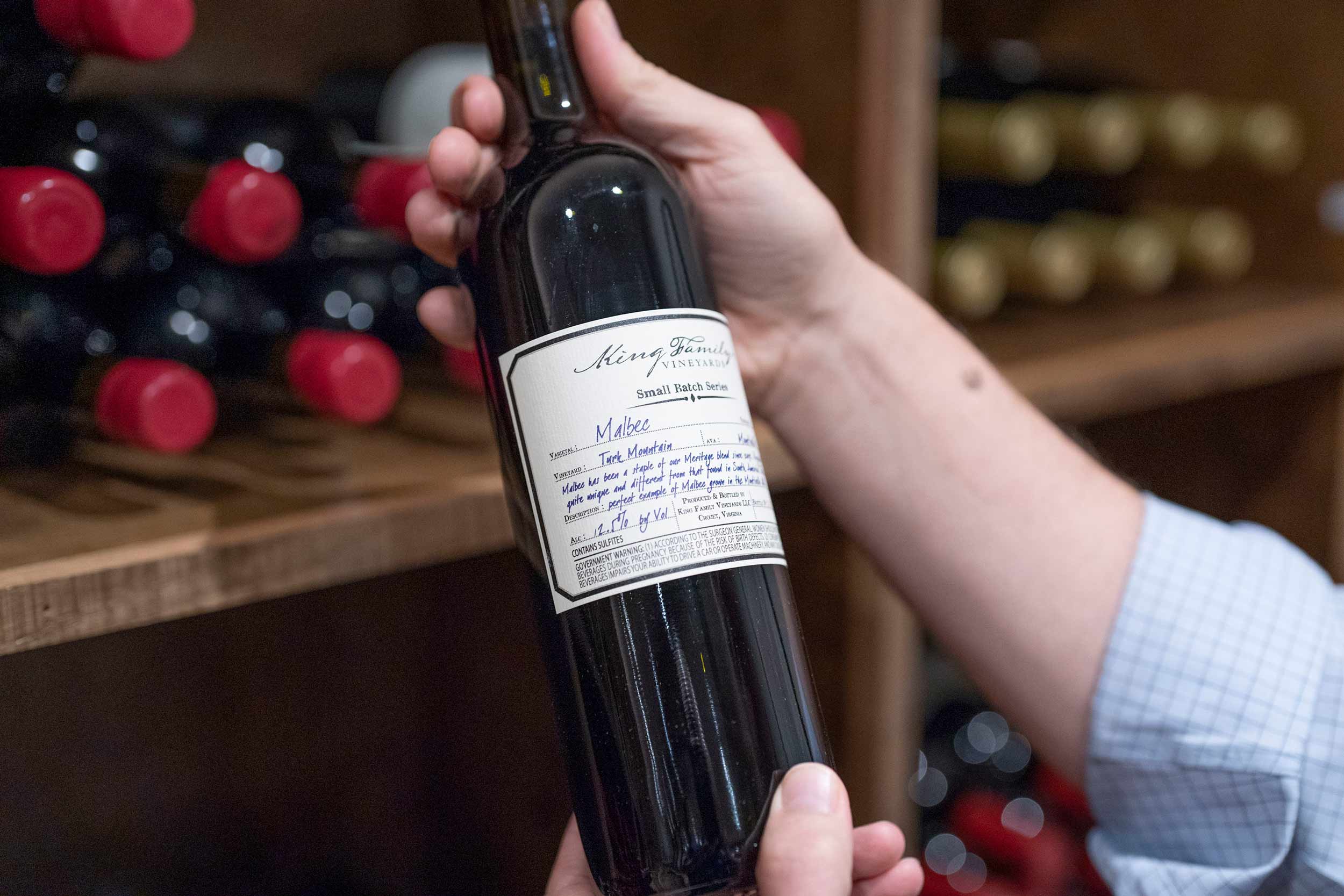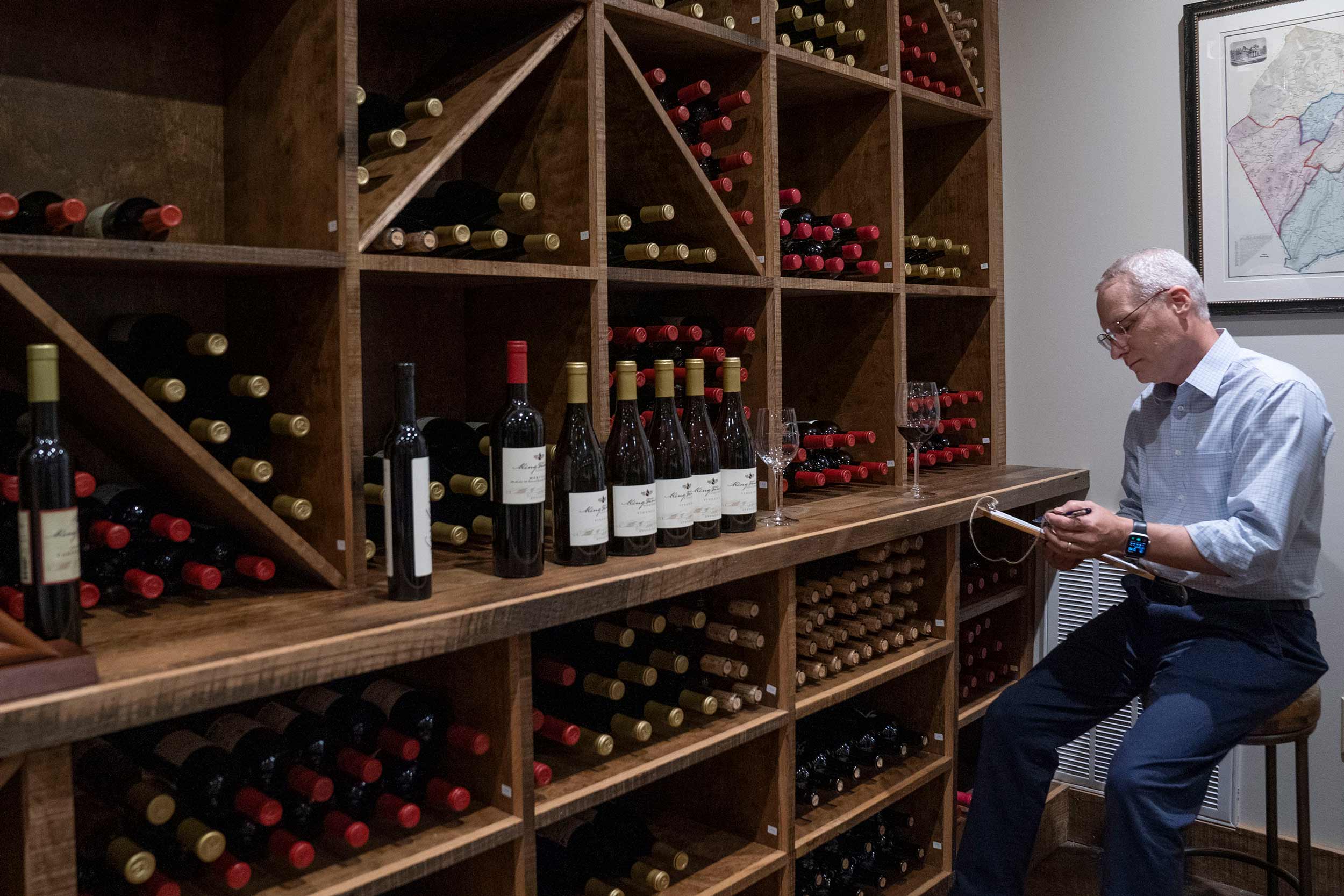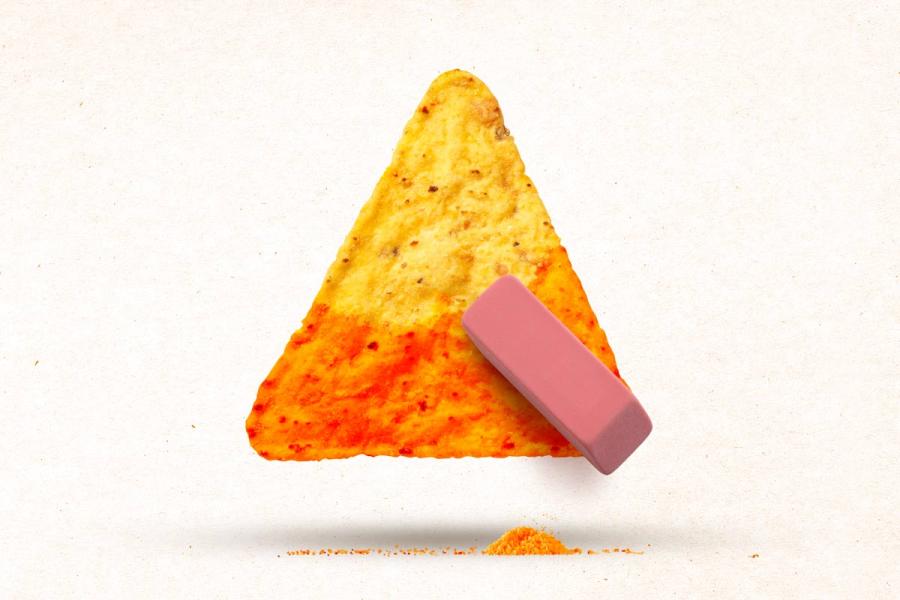That richly intense flavors of umami, sweet cinnamon, Christmas cake, camphor, petrol, lemongrass and Belgian chocolate could be the sweet taste of a solid financial investment.
Then again, maybe not, especially if you need your assets to be more liquid than that case of $327-per-bottle 1946 Toro Albala Don PX Covento Seleccion.
With rising inflation, interest rate hikes by the Federal Reserve and spirited but contradictory pronouncements by experts about the economy’s future, some investment firms and advisers have taken to television, social media and email to tout the benefits of alternative investments, specifically collectibles.
From fine wine and fine art to vintage automobiles, guitars, baseball cards, stamps, gold coins, and even commemorative Elvis Presley porcelain, collectible investments have been around for years. But the recent attention does not mean that collectibles are necessarily a good investment or that they’re for everyone.








